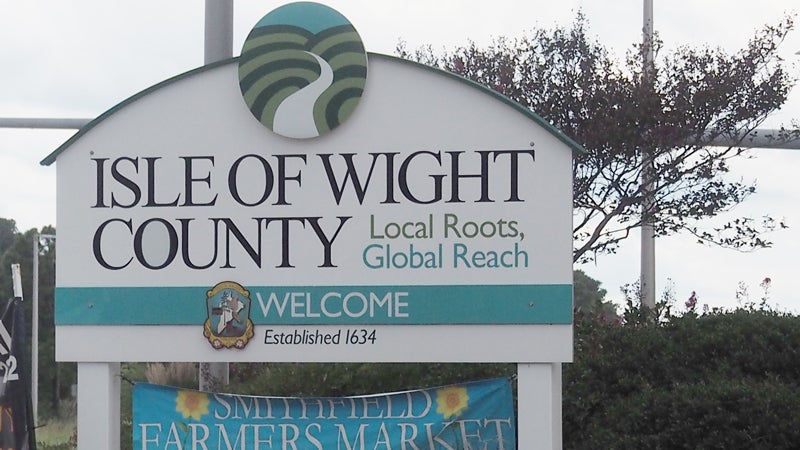Pierceville demolition suit progresses
Published 12:31 pm Wednesday, May 10, 2017
By Ryan Kushner
Staff writer
The clock starts ticking later this week on a lawsuit filed against the Smithfield Town Council by the owner of Pierceville.
Mary Delk Crocker first filed a legal complaint against the Council in early October 2016 after its members rejected her appeal of an ordinance that would require her to repair and maintain several dilapidated historic buildings on her property at 502 Grace St., the manor house of which dates back to the 1730s and is considered a landmark structure.
The complaint sat dormant for the past seven months until the demolition issue was resolved and now Crocker’s attorneys have moved ahead to serve the town, said Smithfield town attorney William Riddick.
Riddick said that once the suit is served, the town has 21 days to respond.{mprestriction ids=”1,2,3,4,5,6″}
During a closed session at a Town Council meeting May 2, the Council gave Riddick the authority to accept service for the entire Council, setting the legal proceedings in motion, according to Riddick.
Archer Jones, Crocker’s attorney, said that he had recently approached the town about validating the complaint, which it did not wish to do at the time it was first served last year. From a legal standpoint, the town had 12 months to respond to it, according to Jones.
The complaint filed by Crocker challenges the Council’s authority to enforce the historic preservation ordinance on the property, and seeks a declaration that its decision to attempt to impose the ordinance was “void, invalid, unlawful, arbitrary and capricious.”
Crocker, who was first found to be in violation of the ordinance in 2009, submitted an application to tear down the structures to the Smithfield Board of Historic and Architectural Review earlier this year, which was also rejected by both BHAR and then again by the Council.
In the appeal last year, Jones argued that while the town had the authority to dictate how a historic building was painted or repaired, it did not have the right to mandate such repairs.
Jones has also argued that the poor condition of Crocker’s buildings predates the ordinance itself, which was first enacted in 1979. The town also chose not to impose the ordinance on Crocker until 2009, decades after the structures first began to fall into disrepair, according to Jones.
Crocker, who is in her 80s, has said she does not have the funds to pay for the restoration required by the historic preservation ordinance and has offered to give the buildings to the town, an offer the Council rejected last May.
Crocker put the buildings and 58 acres of property up for sale for $2 million in 2014.
The buildings have been a controversial topic in the town for nearly a decade, with many residents strongly opposing their demolition.
Preserve Smithfield, Inc., a nonprofit that formed initially to prevent a proposed 151-single-family housing development from forming on the property two years ago, recently asked the Council to help fund the purchase of Pierceville, which the organization said it would then turn into a revenue-generating working colonial farm.
The Council rejected the request in April. {/mprestriction}





